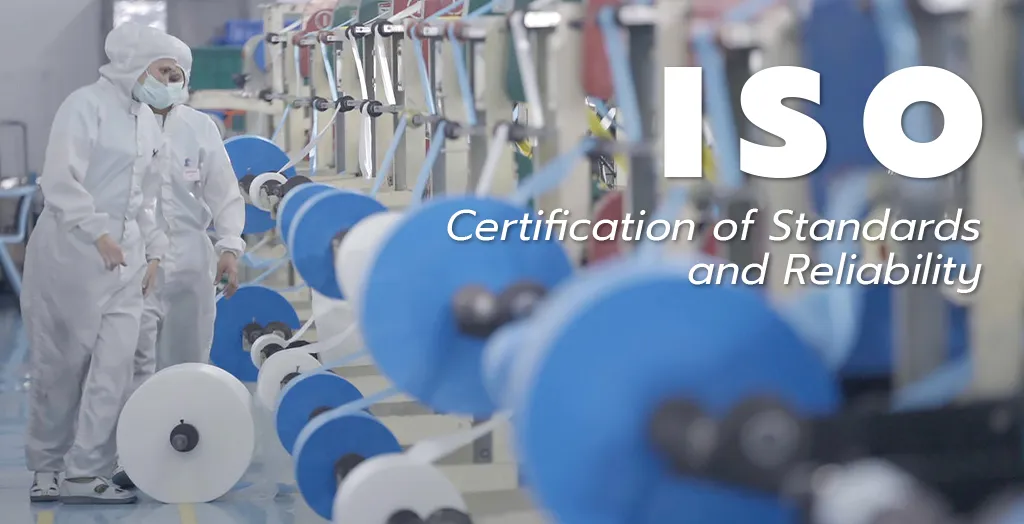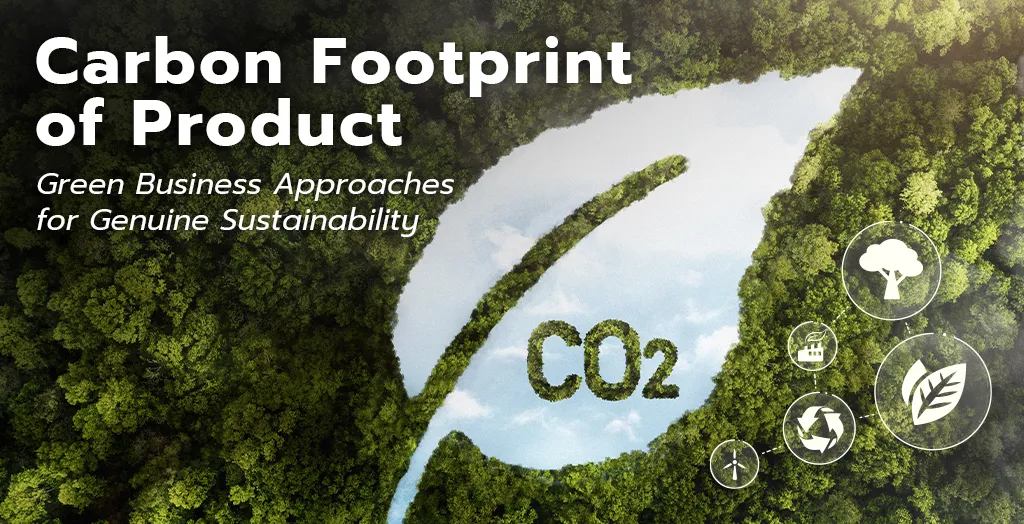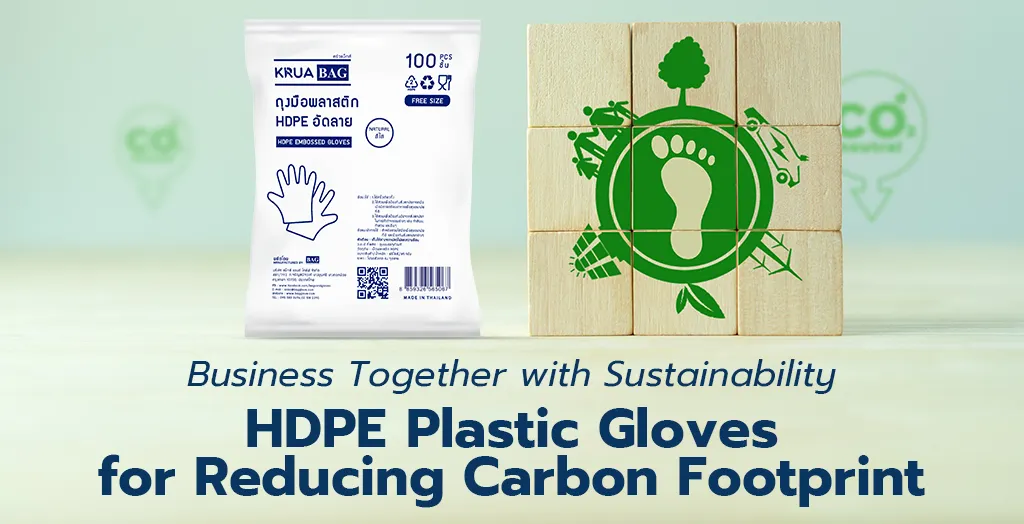To build lasting trust and confidence among our customers, Bags and Gloves Co., Ltd. places great importance on achieving internationally recognized certifications. Our commitment to obtaining multiple ISO standards demonstrates our dedication to consistent product quality, environmental responsibility, and operational excellence.
Let’s take a closer look at the key ISO certifications that underline our high-performance management systems and product reliability.
What is ISO?
ISO (International Organization for Standardization) is a globally recognized body that develops and publishes standards to ensure the quality, safety, and efficiency of products, services, and systems across industries.
Founded in 1947, ISO has issued more than 22,000 standards, covering virtually every sector of industry and technology. These standards serve as global benchmarks that help organizations ensure quality and safety while promoting sustainable growth.
The importance of ISO certification includes:
- Ensuring product and service quality and safety
- Enhancing customer trust and stakeholder confidence
- Facilitating international trade through global standardization
- Reducing operational costs and increasing efficiency
- Supporting sustainability and corporate social responsibility
ISO 9001 – Quality Management System
ISO 9001 is the most widely recognized quality management system in the world.
Its core principles include:
- Customer Focus: Meeting and exceeding customer expectations
- Leadership: Building a culture of vision-driven performance
- Employee Involvement: Engaging every team member in continuous improvement
- Process Approach: Managing operations as interconnected systems
- Continuous Improvement: Fostering a culture of ongoing development
Achieving ISO 9001 certification affirms that Bags and Gloves Co., Ltd. operates with an effective management system focused on quality, consistency, and customer satisfaction — locally and globally.
ISO 14001 – Environmental Management System
ISO 14001 provides a framework for organizations to manage and reduce their environmental impact.
Key areas include:
- Environmental Impact Assessment:
Bags and Gloves Co., Ltd. conducts comprehensive assessments of environmental aspects in every production stage. - Environmental Policy & Objectives:
Clear environmental goals are established and endorsed by top management. - Efficient Resource & Waste Management:
We apply the 3R principles — Reduce, Reuse, Recycle — to minimize resource consumption and manage waste responsibly. - Compliance with Environmental Regulations:
The company actively monitors changing regulations, maintains necessary permits, and submits required environmental reports. - Continuous Improvement & Monitoring:
We consistently measure, evaluate, and enhance environmental performance, with immediate corrective actions when deviations occur.
Obtaining ISO 14001 certification reflects our dedication to sustainable business practices and responsible resource management — reinforcing our commitment to an eco-friendly production process and reduced environmental footprint.
ISO 13485 – Quality Management System for Medical Devices
ISO 13485 is a specialized quality standard for the medical device industry, requiring stricter compliance than ISO 9001 due to its direct impact on health and safety.
It covers all product lifecycle stages:
- Design & Development: Comprehensive planning, testing, and validation
- Manufacturing: Controlled production environments that meet high safety standards
- Packaging & Storage: Maintaining hygiene and product integrity
- Distribution & Post-Market Surveillance: Monitoring safety and performance after delivery
For Bags and Gloves Co., Ltd., this certification demonstrates our strong commitment to producing high-quality, safe, and reliable gloves and protective products for medical use.
Additional Certifications
Beyond ISO standards, Bags and Gloves Co., Ltd. has also achieved several other certifications that reinforce our professionalism and global credibility:
1. CFO (Carbon Footprint Organization)
This certification highlights our commitment to reducing greenhouse gas emissions across all production stages — contributing to a more sustainable future.
2. CFP (Carbon Footprint Product)
CFP certification measures the total greenhouse gas emissions throughout a product’s life cycle — from raw material sourcing and manufacturing to distribution and disposal.
It reflects our transparency and accountability in environmental stewardship.
3. TUV Industrial Certification
TÜV, a renowned certification body from Germany, validates that our products meet strict safety, quality, and technical compliance standards.
This international recognition strengthens global customer confidence in every product bearing the Bags and Gloves Co., Ltd. name.
For more details, visit our Quality Control page:
https://www.bagglove.com/quality-control/
Contact us for more information
International Sales
(+66) 2-108-2390
(+66) 95-583-3696
sales@bagglove.com
Domestic Sales
(66) 2-108-2390 ext. 104
LINE OA: @bagglove
sales.d@tna-thailand.com







